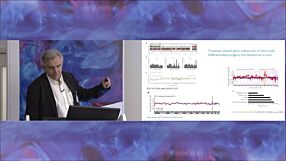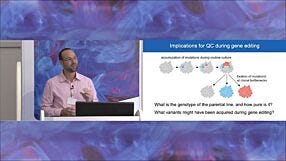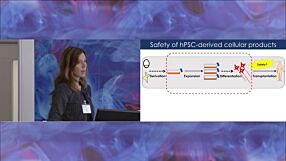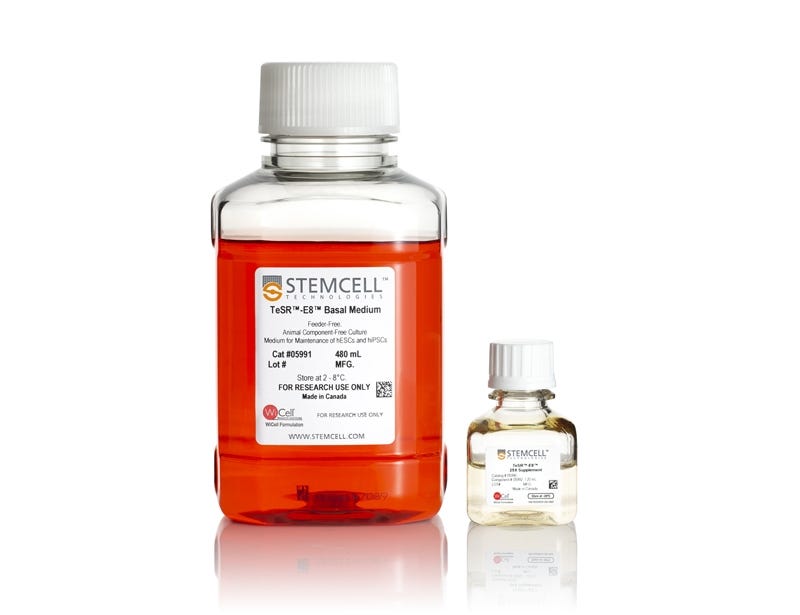Nature Research Round Table: Best Practices for the QC of Genome-Edited hPSC Lines - Panel Discussion
In this panel discussion led by Dr. Peter Andrews from the University of Sheffield and Dr. Martin Pera from the Jackson Laboratory, keynote speakers respond to questions from the forum and evaluate consensuses around topics raised in the previous talks.
This panel discussion was part of a Round Table series titled “Challenges in Ensuring hPSC Quality”, hosted in partnership with Nature Research. Global experts gathered at the Springer Nature headquarters in London, UK, to tackle some of the most pertinent issues impacting the use of human pluripotent stem cells (hPSCs), ranging from fundamental biology research to therapeutic applications. Explore the full series here.
In this panel discussion led by Dr. Peter Andrews from the University of Sheffield and Dr. Martin Pera from the Jackson Laboratory, keynote speakers respond to questions from the forum and evaluate consensuses around topics raised in the previous talks.
This panel discussion was part of a Round Table series titled “Challenges in Ensuring hPSC Quality”, hosted in partnership with Nature Research. Global experts gathered at the Springer Nature headquarters in London, UK, to tackle some of the most pertinent issues impacting the use of human pluripotent stem cells (hPSCs), ranging from fundamental biology research to therapeutic applications. Explore the full series here.
Publish Date:
November 01, 2019
Request Pricing
Thank you for your interest in this product. Please provide us with your contact information and your local representative will contact you with a customized quote. Where appropriate, they can also assist you with a(n):
Estimated delivery time for your area
Product sample or exclusive offer
In-lab demonstration
By submitting this form, you are providing your consent to STEMCELL Technologies Canada Inc. and its subsidiaries and affiliates (“STEMCELL”) to collect and use your information, and send you newsletters and emails in accordance with our privacy policy. Please contact us with any questions that you may have. You can unsubscribe or change your email preferences at any time.








